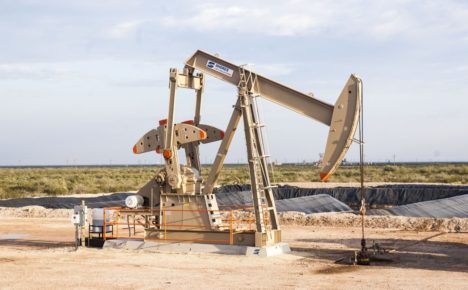
Leases between mineral interest owners and oil and gas exploration companies should be symbiotic. Mineral interest owners obtain payments for the oil or natural gas sitting under their land while oil and gas companies turn a profit collecting, refining, and selling a finished product. However, one of the biggest areas of contention in lease disputes is the amount of deductions made on behalf of the oil and gas company. One West Virginia couple is sought the help of lease dispute lawyers to determine the legality of deductions in a lawsuit filed against EQT Corp.
Arnold and Mary Richards own property that sits atop the Marcellus Shale formation and have been collecting royalty checks for years. Extraction of the property’s natural gas has been ongoing for decades, but in 2016, EQT drilled six new wells to increase extraction quantities. The Richards began receiving royalty checks for the new wells, but they noticed the cost of deductions had skyrocketed.
According to EQT, the Richards’ royalties had deductions for the cost of transportation, processing, and state taxes. In total, the deductions made since November 2016 totaled $235,000. The Richards allege the company improperly inflated its deductions and violated their lease agreement. They filed a lawsuit to recover the $235,000 in deductions in February 2017.
The lease agreement between the Richards and EQT did not contain any specific language about deductions. Rather, the agreement stated the Richards would receive 12.5% of the revenue generated from the wells on their property. The judge overseeing the case eventually determined the couple was entitled to the approximately $43,000 that was deducted for state taxes. Later a jury trial would decide the Richards were also entitled to the remaining $192,000 in deductions.
Lease Disputes
Deductions are not a new cause of lease disputes, but cases like the Richards’ highlight growing problems in the industry when handling them. Determining and calculating deductions is not straightforward, and many lease agreements do not contain specific language regarding deduction types and amounts. There are legitimate deductions that apply to lessees, but the line between legitimate deductions and deceptive practices can be thin. Lease disputes can be extremely costly for both oil and gas companies and lease owners. It is crucial any lease dispute is taken to an experienced oil and gas litigation attorney familiar with applicable state and federal oil and gas regulations and court rulings.
Lease Dispute Lawyers
The lease dispute lawyers at MehaffyWeber have extensive experience with oil and gas litigation. We can protect your best interests and resolve issues efficiently. Contact us today to schedule an appointment with one of our dedicated oil and gas lawyers.
